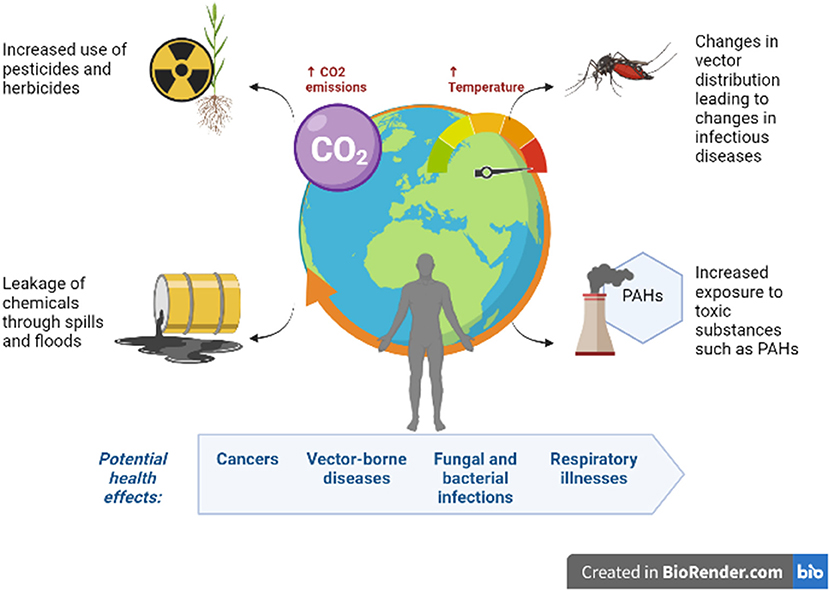F1 Rule Changes: The Impact Of Lewis Hamilton's Advocacy

Table of Contents
Hamilton's Push for Increased Diversity and Inclusion in F1
This section focuses on Lewis Hamilton's vocal support for diversity initiatives within F1, highlighting his commitment to creating a more inclusive environment within the sport. His advocacy extends beyond mere words; his actions have resulted in tangible changes within Formula 1.
The Commission for Diversity in Motorsports
Hamilton's involvement in establishing the Commission for Diversity in Motorsports is a prime example of his Lewis Hamilton F1 advocacy in action. This commission aims to increase representation of women and minorities in all areas of motorsport, from engineering and management to driving roles. His influence has been instrumental in pushing this initiative forward.
- Specific Initiatives: The commission has launched several programs focusing on mentorship, scholarships, and educational opportunities for underrepresented groups within the motorsport industry. These initiatives are designed to address systemic barriers and create a more level playing field.
- Increased Representation: While quantifiable data takes time to manifest, anecdotal evidence suggests an increase in the visibility of women and minorities in F1 teams and supporting organizations since the commission's inception. Further, the mere existence of such a commission sends a powerful message of commitment to inclusivity.
- Ongoing Efforts: The commission continues its work, striving for ongoing improvements in diversity and inclusion within the Formula 1 ecosystem. This is a testament to the lasting impact of Hamilton's advocacy and a clear sign of his commitment to lasting change.
Advocating for Sustainable Practices within F1
Lewis Hamilton's commitment to environmental sustainability has significantly influenced F1's rules, pushing the sport toward a greener future. His advocacy extends beyond personal choices, influencing the sport's overall approach to sustainability.
The Shift Towards Sustainable Fuels
Hamilton's advocacy has played a crucial role in F1's transition to more environmentally friendly fuels. His public pronouncements on the need for sustainable practices within motorsport have put pressure on the FIA and teams to accelerate the development and implementation of sustainable fuel technologies.
- Reducing F1's Carbon Footprint: F1 is actively committed to reducing its carbon footprint, aiming to become a net-zero carbon sport. This ambitious goal is significantly influenced by the pressure exerted by advocates such as Hamilton.
- Regulations Promoting Sustainability: New regulations have been introduced to promote the use of sustainable fuels and reduce the environmental impact of race weekends. These regulations represent a direct response to the growing demand for environmental responsibility within the sport.
- Hamilton's Public Actions: Hamilton's personal commitment to sustainability, including his investment in sustainable businesses and his vocal support for environmental causes, has amplified the message and pushed the conversation within the F1 community.
- Future Sustainability Targets: F1 has set ambitious targets for reducing emissions in the coming years. These targets, driven in part by figures like Hamilton, signal the sport’s commitment to a sustainable future.
Improving F1's Social Responsibility and Activism
This section explores how Hamilton's activism has impacted F1's approach to social justice, demonstrating the power of individual voices in driving positive change within a global institution. His work transcends the sporting arena.
Taking a Stand Against Racism and Inequality
Hamilton's unwavering stance against racism and inequality has significantly influenced F1's response to social justice issues. His actions have set a precedent for other athletes and organizations within the sport.
- Public Addresses on Social Justice: Hamilton has consistently used his platform to speak out against injustice, raising awareness about critical social issues and encouraging others to join the fight.
- F1's Response to Social Justice Issues: F1 has increasingly addressed social justice concerns, reflecting a shift in the sport's overall approach to social responsibility. This reflects a direct response, in part, to Hamilton's advocacy.
- Changes in F1 Policies and Initiatives: F1 has implemented initiatives and policies reflecting a commitment to promoting equality and addressing systemic issues within the sport. This demonstrates a positive impact from Hamilton's advocacy and public pressure.
- Broader Implications: Hamilton's actions have not only influenced F1 but also set an example for other sports leagues and organizations, inspiring them to prioritize social responsibility and actively combat injustice.
Influence on Sporting Regulations (e.g., race weekends, tire compounds)
While not always direct advocacy, Hamilton's feedback as a driver has potentially influenced rule changes, highlighting the subtle yet significant impact of driver input on Formula 1 regulations.
Feedback Influencing Development of Race Weekend Formats
This section highlights how driver feedback, including that of Lewis Hamilton, informs the evolution of race weekends and related regulations. This is a less overt form of Lewis Hamilton F1 advocacy, but one with demonstrable impact.
- Examples of Driver Feedback: Drivers constantly provide feedback to the FIA regarding various aspects of the race weekend, including tire compounds, track design, and race formats. This feedback, aggregated and analyzed, directly influences regulation changes.
- Feedback Loop between Drivers, Teams, and the FIA: A continuous feedback loop exists between drivers, teams, and the FIA, ensuring that regulations are constantly reviewed and adjusted based on real-world experience and driver input.
- Indirect Influence on Race Formats: Through his feedback and participation in driver discussions, Hamilton indirectly shapes the evolution of race weekends, influencing decisions regarding qualifying formats, sprint races, and other aspects of race organization.
Conclusion
Lewis Hamilton's impact extends far beyond the track. His advocacy for diversity, sustainability, and social justice has significantly influenced F1 rule changes, pushing the sport towards a more inclusive, responsible, and environmentally conscious future. His consistent efforts showcase the power of individual voices in driving positive change within a major global institution. To stay updated on the continuing evolution of F1 regulations and the ongoing impact of Lewis Hamilton F1 advocacy, follow industry news and engage in relevant discussions.

Featured Posts
-
 Retail Sales Surge Pushes Back Bank Of Canada Rate Cut
May 26, 2025
Retail Sales Surge Pushes Back Bank Of Canada Rate Cut
May 26, 2025 -
 Deadly Fungi The Impact Of Global Warming On Human Health
May 26, 2025
Deadly Fungi The Impact Of Global Warming On Human Health
May 26, 2025 -
 Albert De Monaco Nova Relacio Despres De La Separacio De Charlene
May 26, 2025
Albert De Monaco Nova Relacio Despres De La Separacio De Charlene
May 26, 2025 -
 Delayed Promotions 50 000 Accenture Staff To Be Upgraded
May 26, 2025
Delayed Promotions 50 000 Accenture Staff To Be Upgraded
May 26, 2025 -
 Real Madrid Bajo Florentino Perez Analisis De Su Etapa Dorada
May 26, 2025
Real Madrid Bajo Florentino Perez Analisis De Su Etapa Dorada
May 26, 2025
